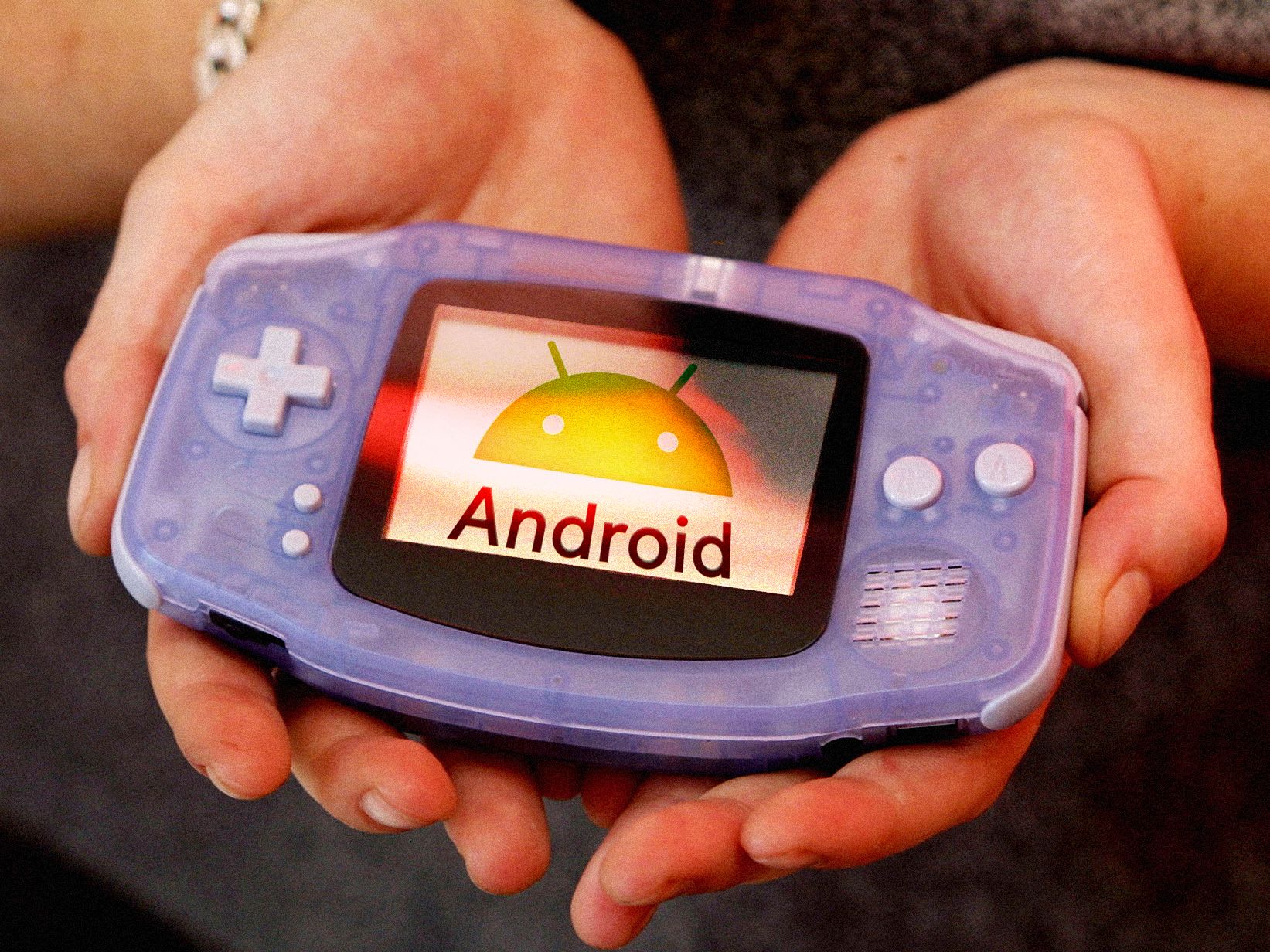The Legal Battlefield of Gaming: Italian YouTuber's Case Highlights Emulation Controversy
 The Tech Times
The Tech Times
In an era where digital content creation is thriving, the line between promoting innovation and infringing copyright has become increasingly blurred. A recent case involving an Italian YouTuber has thrown this ambiguity into stark relief, as he faces potential legal action for showcasing Android handheld devices running emulated games. The incident has raised questions about the legality of emulation and the responsibilities of content creators in navigating the complex landscape of copyright laws.
The Incident: A Digital Dilemma
The YouTuber, whose channel is dedicated to exploring gaming devices and technologies, caught the attention of Italian law enforcement for what they deemed the "promotion of pirated copyrighted materials." This situation arose from his videos that featured Android handheld consoles running emulated games. Such content, while popular among gaming enthusiasts for its nostalgic trip back to classic gaming, walks a fine line between legal and illegal according to copyright law.
Understanding Emulation
Emulation itself refers to the process of mimicking the hardware of one device to run software designed for another. It's a practice that has been around since the early days of computing, allowing users to play games from older platforms on modern devices. While the technology is legal, the use of copyrighted ROMs (Read-Only Memory) without the proper permissions is considered illegal in many jurisdictions. The distinction is subtle yet critical: owning and using an emulator is legal, but distributing or using ROMs without authorization can constitute copyright infringement.
Historical Context: A Recurring Legal Struggle
The issue of emulation and copyright has long been contentious. In the late 1990s, the gaming industry witnessed its first significant legal battles over emulation. Companies like Sony and Nintendo took legal action against emulator developers, arguing that such software facilitated piracy. These cases often ended in settlements or were resolved in favor of the companies, reinforcing their stance against unauthorized use of their intellectual property.
However, as technology evolved, so did the emulation community. Open-source projects like RetroArch and Dolphin have flourished, offering gamers a way to preserve and experience classic games. Yet, the legal status of the ROMs needed to run these emulators remains murky. The gaming industry has tried to adapt by offering legal alternatives, such as remastered collections and subscription services like Nintendo Switch Online, which provide access to classic titles.
The Role of Content Creators
In navigating this complex legal terrain, content creators must tread carefully. While emulation can serve as a valuable tool for game preservation and accessibility, creators must be cautious about how they present and utilize such technologies. The case of the Italian YouTuber underscores the potential legal risks associated with demonstrating or promoting emulation in a way that may be interpreted as endorsing piracy.
Creators wield significant influence over their audiences, making it imperative for them to understand the legal implications of their content. This includes being aware of the local laws and the potential consequences of showcasing emulated software, especially when it involves copyrighted material.
Conclusion: A Call for Clarity
As the digital landscape continues to evolve, the gaming community finds itself at a crossroads regarding emulation and copyright. The Italian YouTuber's case serves as a reminder of the ongoing tension between preserving gaming heritage and protecting intellectual property. It also highlights the need for clearer guidelines and legal frameworks that balance these interests.
Ultimately, this case calls for a broader discussion about the role of emulation in gaming culture and how the industry can adapt to technological advancements without stifling creativity or infringing on rights. Whether through legal reform or industry innovation, finding common ground will be essential in ensuring that gaming's rich history is accessible to future generations, while respecting the rights of creators and companies alike.
Source: Italian YouTuber Faces Jail Time for Showing Android Handhelds With Emulated Games
Subscribe to my newsletter
Read articles from The Tech Times directly inside your inbox. Subscribe to the newsletter, and don't miss out.
Written by
